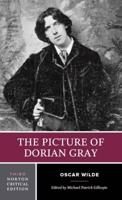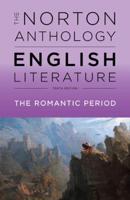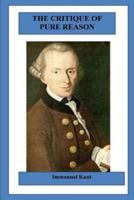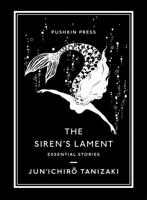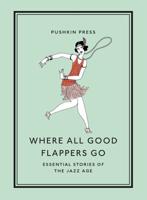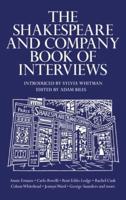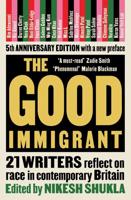Publisher's Synopsis
The Critique of Pure Reason (1781, Riga; second edition 1787) is a book by Immanuel Kant that has exerted an enduring influence on Western philosophy. Also referred to as Kant's First Critique, it was followed by the Critique of Practical Reason (1788) and the Critique of Judgment (1790). In the preface to the first edition Kant explains that by a critique of pure reason he means not "a critique of books and systems, but of the faculty of reason in general, in respect of all knowledge after which it may strive independently of all experience" and that he aims to reach a decision about "the possibility or impossibility of metaphysics in general". Kant builds on the work of empiricist philosophers such as John Locke and David Hume, as well as rationalists such as Gottfried Wilhelm Leibniz and Christian Wolff. He expounds new ideas on the nature of space and time, and tries to provide solutions to Hume's scepticism regarding human knowledge of the relation of cause and effect, and René Descartes' scepticism regarding knowledge of the external world. This is argued through the transcendental idealism of objects (as appearance) and their form of appearance. Kant regards the former "as mere representations and not as things in themselves", and the latter as "only sensible forms of our intuition, but not determinations given for themselves or conditions of objects as things in themselves". This grants the possibility of a priori knowledge, since objects as appearance "must conform to our cognition . . . which is to establish something about objects before they are given to us".



